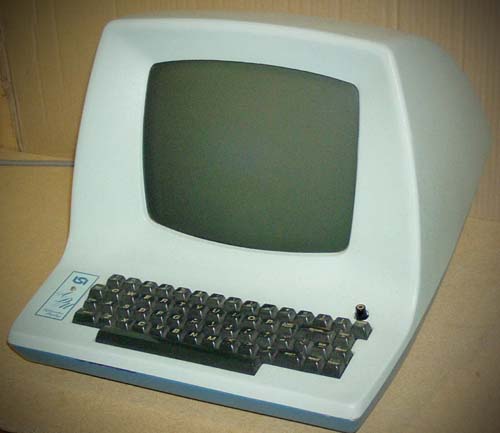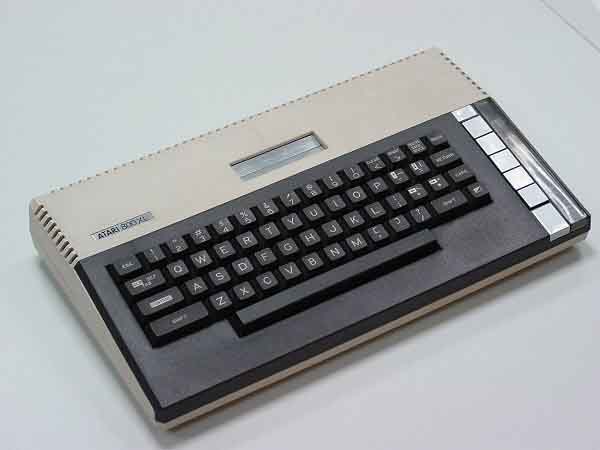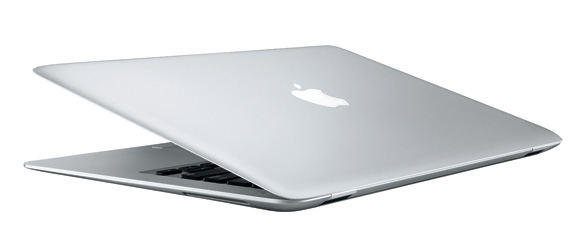The Revenge of the Terminal
Terminals RISE!
Thanks to bold new moves in technology by companies like Apple, Microsoft and Google, we may be returning to late the late 1970’s model of computing. Back then, it made sense … now I don’t know.
Back in the day, computers ran off of one central mainframe and a network of terminals that allowed users to access programs, files and data. The monitor and keyboard sitting on your desk would have no “brain” of its own … no stand alone functional capacity. It had to be connected to the network and the mainframe to do anything. Break the connection and the computer is dead.

Memory and processors became cheap and it became possible to give each terminal its own mind. The personal computer came into being as a revolution in nature of computers. My first real home computer was an Atari 800xl. That thing ruled. I remember my step dad would come home with disks filled with games that he had found on some “telephone computer network” called CompuServe.

We all know the internet came along and changed things again. Most people could hardly imagine life without it. Here comes the funny part. If I turn off the internet, I can still write a paper, make a movie, record a song … blah blah blah. My computer still has a mind of its own.
The Macbook Air is a step back towards the “terminal” model of computing. It has no optical drive. It is implicit in its design that you connect to a network to install or update anything. It can still function off the network … but a few generations down the road????

With internet connections getting faster everyday, it won’t be long before many or most software companies only offer their products online. This shift has already taken place in Microsoft and Google. Their core applications are offered as online alternatives to owning software and running it off of your computer. They store the application on a server located … uh … ? They manage the applications you use (Google docs, Microsoft Office …) and update and change it when they please. What happens if you don’t like the new interface? What if your docs get F^ed up when they decide to roll out Google Apps Xtreeme?
Software companies are switching to a subscription based model and I’m not sure it’s good for the consumer. I’m perfectly happy running Microsoft Word 2002. It bugs me that the Hotmail interface has to change every year and I have no control over it. If this starts happening to all my applications &*#$@! the next version of Windows (Windows 7) is rumored to be subscription based.
I was sitting in class listening to a teacher talk about this same thing, but in an optimistic way. He loved that when he corresponded through Gmail, the little ads on the side would offer him products that were relevant to the content of his emails. How could that be a good thing? Has anyone ever clicked on one of those? If I write a paper online using Google Docs, are they going to scan it too and send me junk mail or show me ads that pertain to the content of my paper? Yuck!

All of these companies are working to cover the Earth with wireless connectivity to unify the global network. In theory, you will be able to access your files and software from anywhere, anytime (if the network doesn’t crash – then we’re all hosed). There have been no long term studies that examine how wireless networks affect our health. Lord knows the cell phone companies have been paying out the nose to suppress any negative health related press about their networks. I guess we’ll have to wait until we start sprouting tentacles for anyone to admit there might be a problem. I’m slipping off the topic ….
This is all coming from a paranoid person that lived in a chicken coop.
Just a thought.
nice one dude…
I totally agree!
Well, you’re a savvy man, and computer savvy too. If the average public CPU user could just pull their head out of their collective asses for a second much of this wouldn’t happen.
There seems to be a riff growing between different user “bases” when it comes to computers. There are those who only use it for email, google, myface. There are those who use it to create (commercially and independently). Lastly there are those who use it on the purest geek levels and factor in politics to all their software (opensourcers).
These defined lines don’t exist, it’s more of a gradient, but each general area has different needs and wants. I can see a small company being happy to use googles free online document editor, but a payed writer has many reasons to fear and loath it. Then again, if you are a company who is dealing with industry sensitive information, do you really want to put your work on the “net”?
People who create content in general should rightfully fear/hate/run away from anything that goes too far into the terminal realm. While it might be fine for the zombie like mass of users, doing UGC for a data base that reformats and regurgitates it back to them, it fails on many counts for people who create content even before getting into the politics of it (as you stated in your post). Until everything is a fiber optic utopia with no bog or crashes, would you ever even want to think of streaming your content such as music or video onto a remote drive? I doubt this even makes much energy efficiency sense in some ways.
I can see so many NEGATIVES coming out of these ideas of going back to a mainframe/terminal way of doing things it makes my head hurt…ouch!
This is getting interesting now.
Sooner than I thought.
They call it “outsourcing data processing”.
Uhhhh …. why do I need that new ‘puter with a 500gb hd and a Quad core???